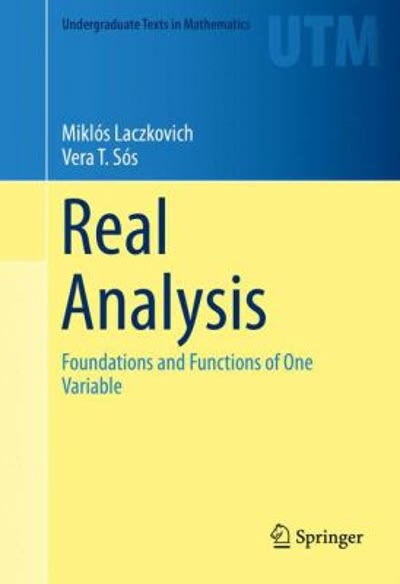Question
A diagnostic test for a certain disease is known to be 95% sensitive, i.e., if a person has the disease, the test will detect it
A diagnostic test for a certain disease is known to be 95% sensitive, i.e., if a person has the disease, the test will detect it with probability 0.95. Also, if the person does not have the disease, the test will report that they do not have it with the same probability 0.95. In addition, it is known from previous data that only 1% of the population has this particular disease.
What is the probability that a particular person chosen at random will be tested positive but does not have disease?
What is the probability that a particular person chosen at random will be tested negative but carries disease?
iii. What is the probability that a particular person chosen at random will be tested positive?
Hints: use total probability law,P(T+)= P(T+| D+ ) P( D+) + P(T+|D) P (D)
iv.Comment on Predicted Value Positive andPredicted Value Negative results
[use Bayes theorem]
Step by Step Solution
There are 3 Steps involved in it
Step: 1

Get Instant Access to Expert-Tailored Solutions
See step-by-step solutions with expert insights and AI powered tools for academic success
Step: 2

Step: 3

Ace Your Homework with AI
Get the answers you need in no time with our AI-driven, step-by-step assistance
Get Started


